Features > Property News & Insights > Housing Trends
The Greens’ big housing idea: Government as developer, estate agent and landlord
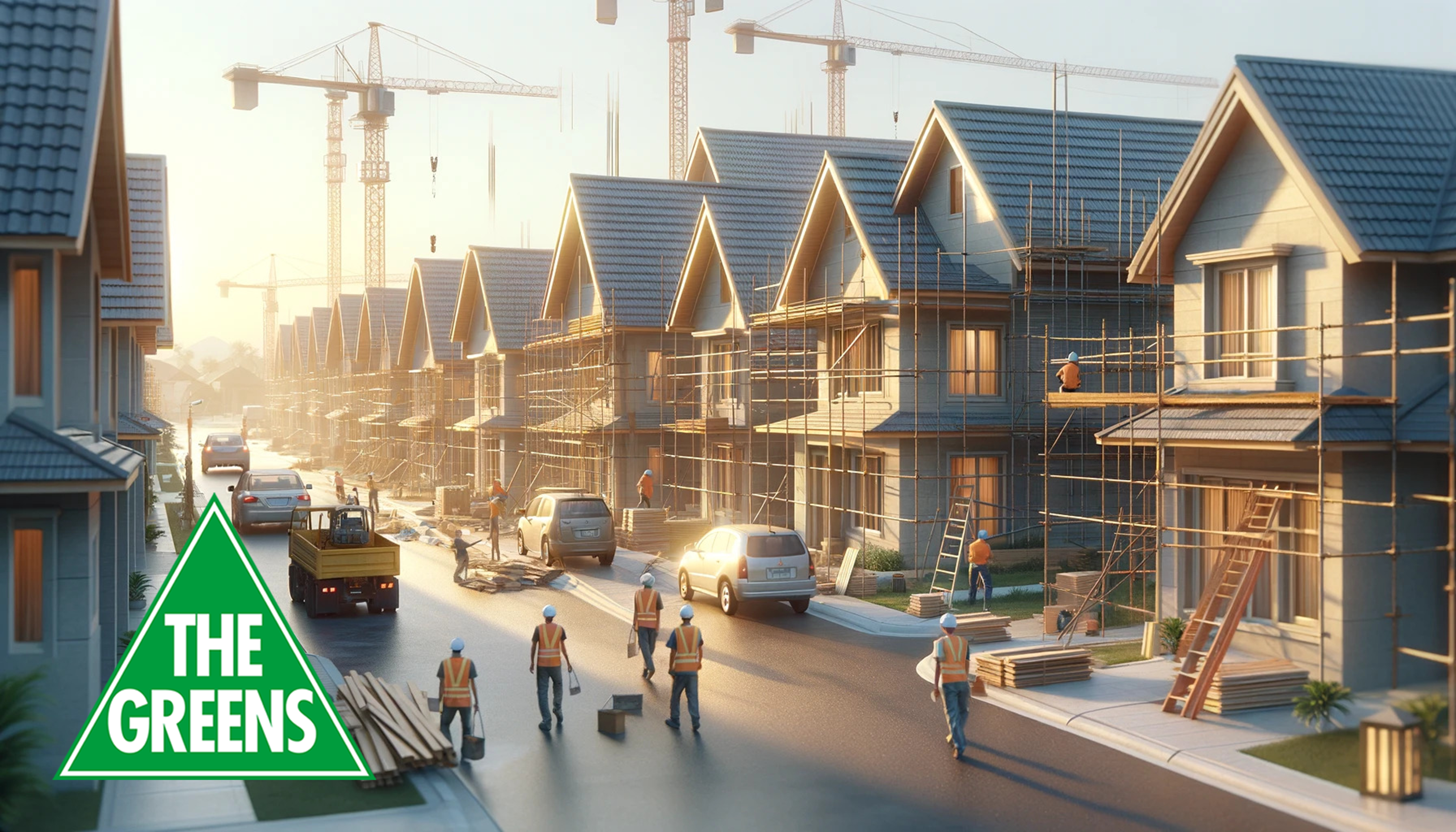
KEY POINTS
- The Greens are proposing a scheme where the Federal government would build 610,000 new dwellings over the next 10 years
- The properties would be rented or sold at below-market rates
- If owners who’ve bought properties in the developments want to move, they’d be forced to sell their homes back to the government at the same price they paid plus inflation
- Critics have described the minor party’s policy as “dystopian” and “a very expensive and arbitrary lottery”
The Australian Greens have unveiled a new policy to address Australia’s chronic housing shortage - a policy that would essentially see the Federal government act as a property developer, a real estate agent and a landlord.
Under the ambitious scheme, a government-backed public developer would oversee the building of 360,000 new homes in the next five years or 610,000 over the next decade.
The background
In the lead-up to the last federal election, the Australian Greens identified a powerful new political constituency - Millennial inner-city renters, angry at soaring rents, and angry at the belief that many will never be able to afford to buy their own home.
This has explained a lot of the Greens’ tactics since the election - waging a war of words against “price gouging” developers and condemning tax breaks for property investors.
The Greens have also used their numbers in the senate to block two major housing initiatives by Anthony Albanese’s Labor government.
Last year they held up the $10bn Housing Australia Future Fund bill for several months, only agreeing to support it after Labor offered an extra $1 billion for public housing.
Now they’re blocking the Prime Minister’s “Help to Buy” scheme, demanding changes to negative gearing and capital gains tax breaks on investment properties.
It’s into this charged housing debate that the Greens have dropped the first major policy they’ll take to the next election.
The details
Under the Greens’ housing policy, a public property developer bankrolled by the Federal government would build homes and sell and rent them below market rates.
“Relying on private developers to tackle the housing crisis is like relying on Coles and Woolworths not to rip you off,” the Greens’ press release announcing the policy declared, “They helped create the crisis in the first place, and have no interest in fixing it.”
The homes, which would include a mixture of apartments, townhouses and detached houses, would be sold at a small premium of just 5% above cost to first-home buyers, or they would be rented to tenants at a maximum of 25% of a household’s income.
The plan, which has been costed at $27.9 billion over ten years by the independent Parliamentary Budget Office, would see about 30% of the homes built for sale, with the rest earmarked for renters.
Of those homes for rent, 20% would be allocated to people from low-income households, with preference given to people with “connection to the local area, including if they have children enrolled in local schools, work and support services connections, or if they are First Nations peoples.”
As for the homes for sale, that would happen via application, rather than by auction or private treaty.
One bizarre aspect, which seems to owe more to Soviet-era central-planning principles rather than Australia’s market-driven economy, is that homebuyers would be unable to profit from their purchase.
If in the future they sell what, after all, is their property, they are forced to sell it back to the government at just the purchase price, adjusted for inflation.
“The average renter would save $5,200 a year on their rent if they rented one of these properties,” according to the Greens housing spokesperson Max Chandler-Mather, “the average first home buyer, $260,000 off the price of a home, because we would cut out the massive profit margins that property developers chuck onto the price of housing.”

The critics
The housing policy director at the left-leaning Grattan Institute, Brendan Coates, is not a fan of the Greens proposal, calling the idea "a very expensive and arbitrary lottery".
"This would see a few lucky first home buyers get the largest first home buyer grant the country has ever seen,” he told ABC News, “It's unclear how bureaucrats decide who gets it and who misses out.”
"A big concern is that it substantially reduces mobility: you'll never leave once you get access to such a cheap dwelling."
The nation’s leading property industry group was even more dismissive, with Chief Executive Mike Zorbas describing the plan as “dystopian”.
“I don’t think anyone has ever solved the housing crisis by adding another government agency,” he told the National Press Club while debating housing policy with Max Chandler-Mather.
Mr. Zorbas has put forward his own 9-point plan to fix the housing crisis.
He says it’s still possible to meet the nationally agreed target to build 1.2 million well-located and affordable homes over the next decade.
But he says this will include state governments needing to fix “broken planning systems”, governments reforming tax regimes (with taxes making up 20 to 40% of the cost of every new home built), embracing more modular and prefabricated construction, and more urban infill.
Pointing to the fact that successive Australian governments have largely dealt themselves out of providing housing over the last 50-60 years, preferring to leave things to the private market, Mr Zobas says governments need to “spend more of the monumental property taxes we all pay nationally on social and affordable housing while supporting the vast bulk of the market that is customer-led.”
Stay Up to Date
with the Latest Australian Property News, Insights & Education.




.png?width=292&height=292&name=Copy%20Link%20(1).png)
 SIGN UP FOR FREE NEWSLETTER
SIGN UP FOR FREE NEWSLETTER
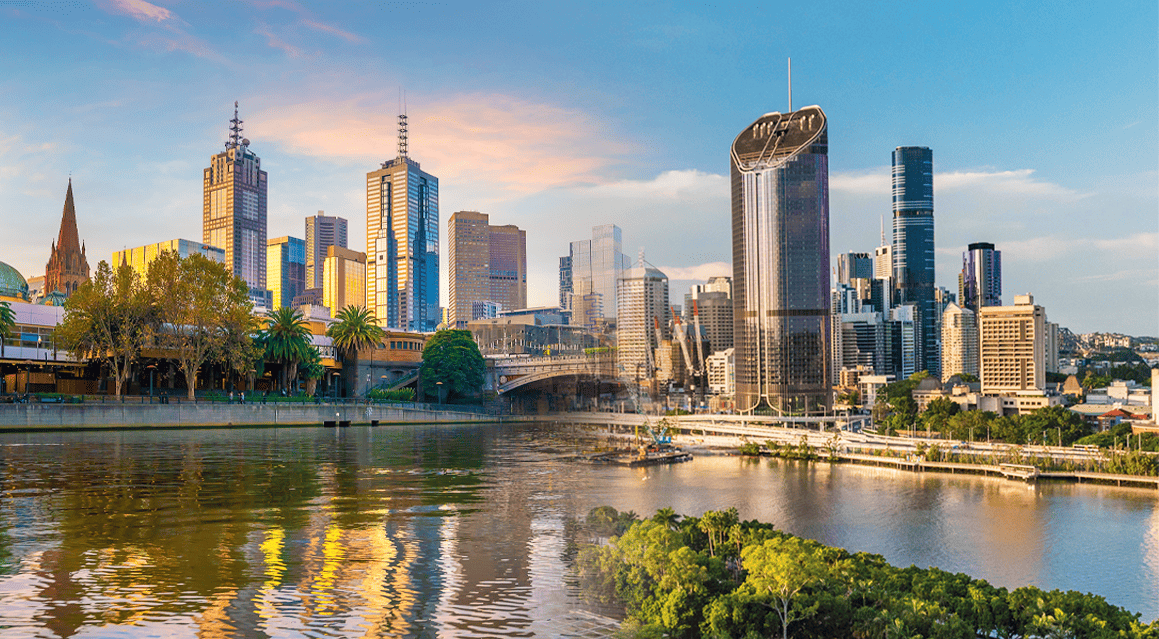
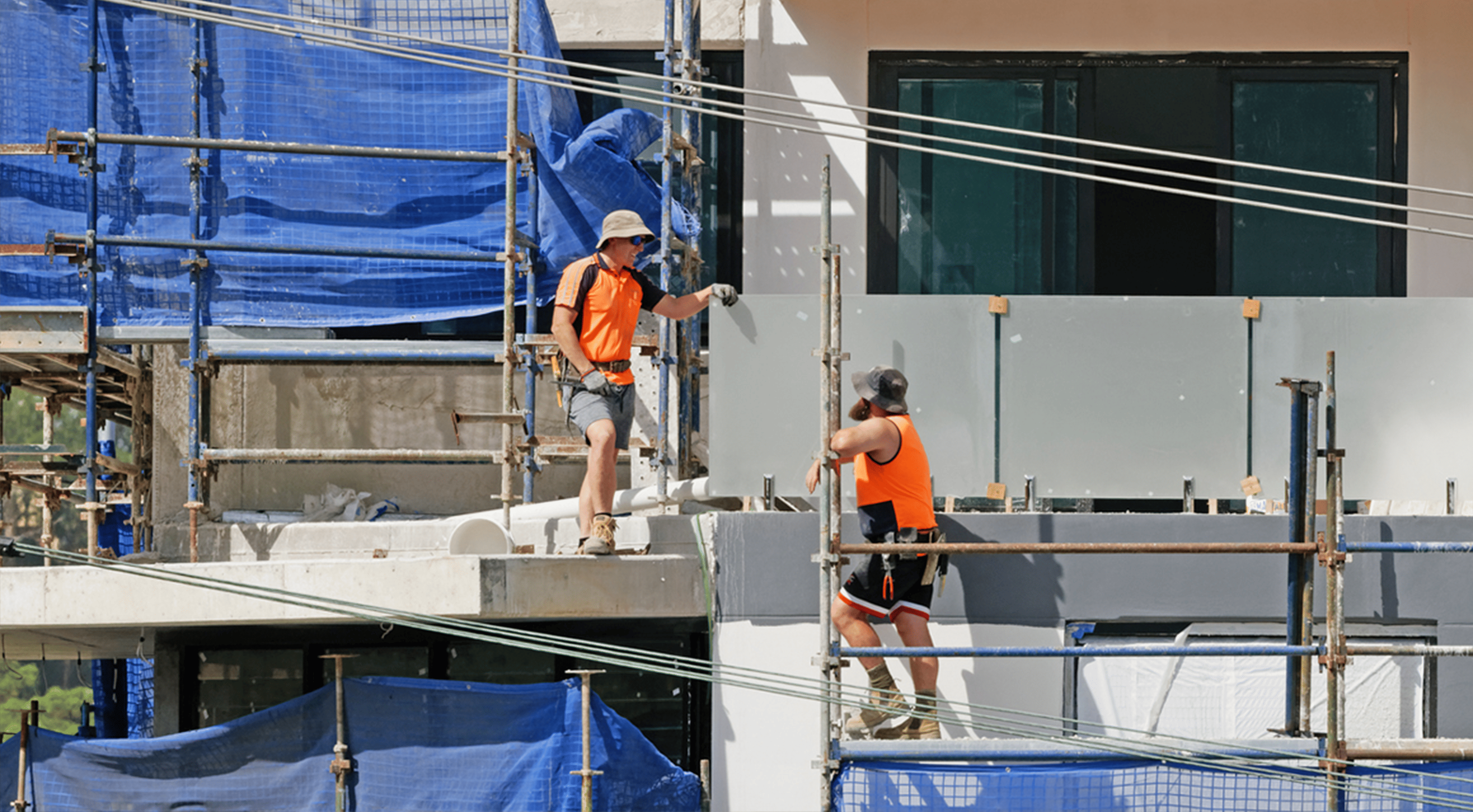
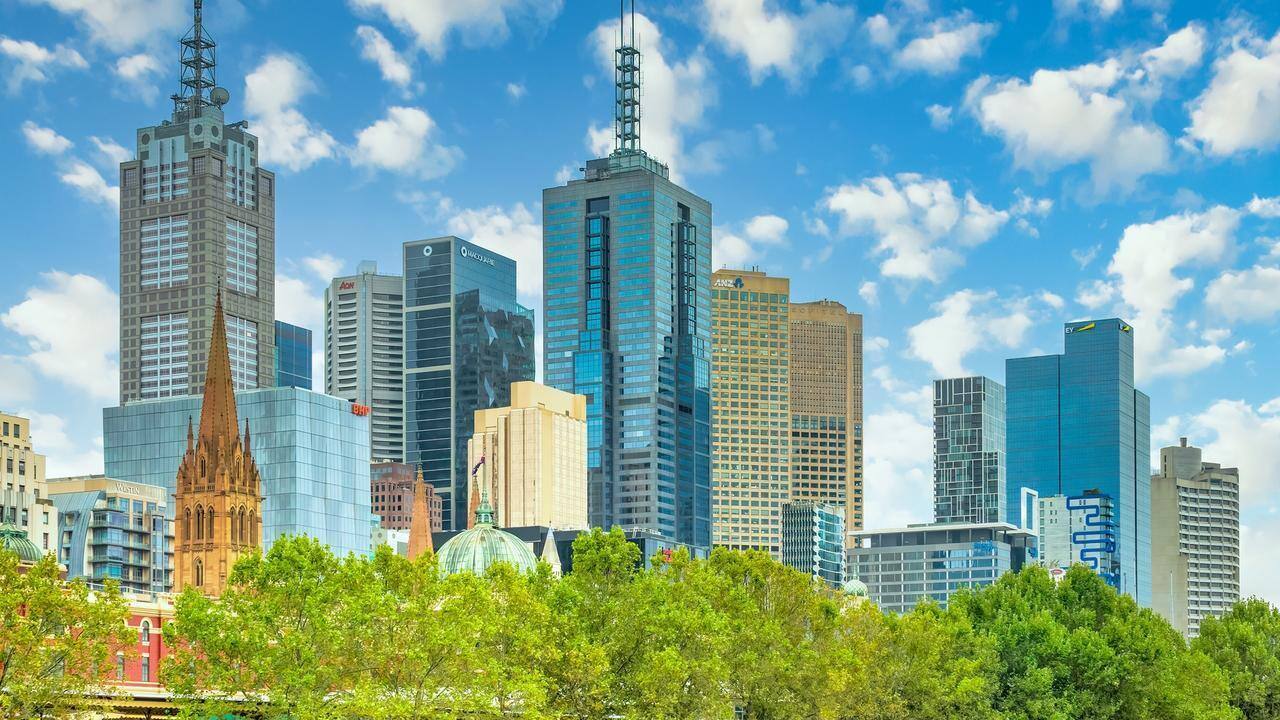
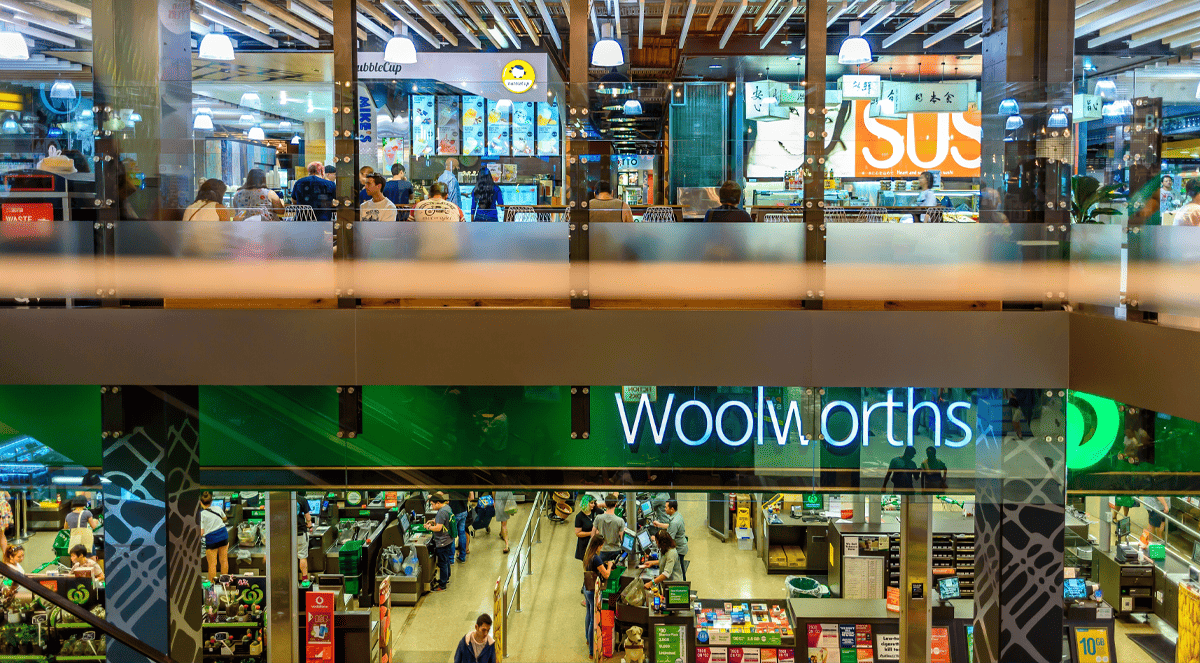
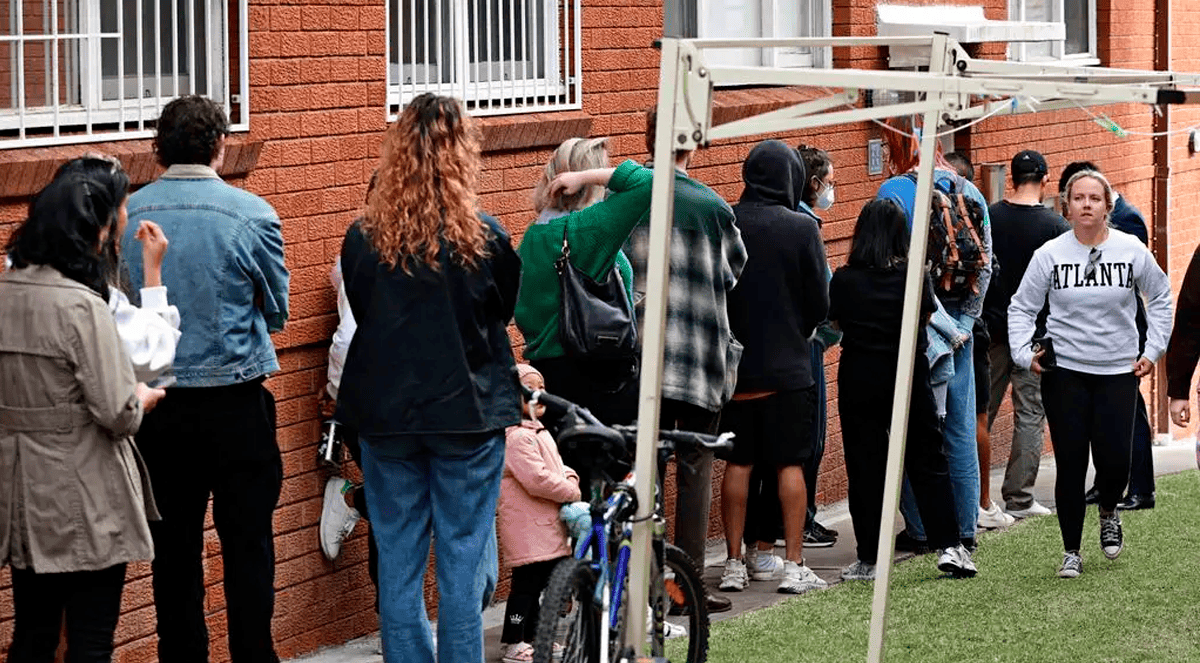
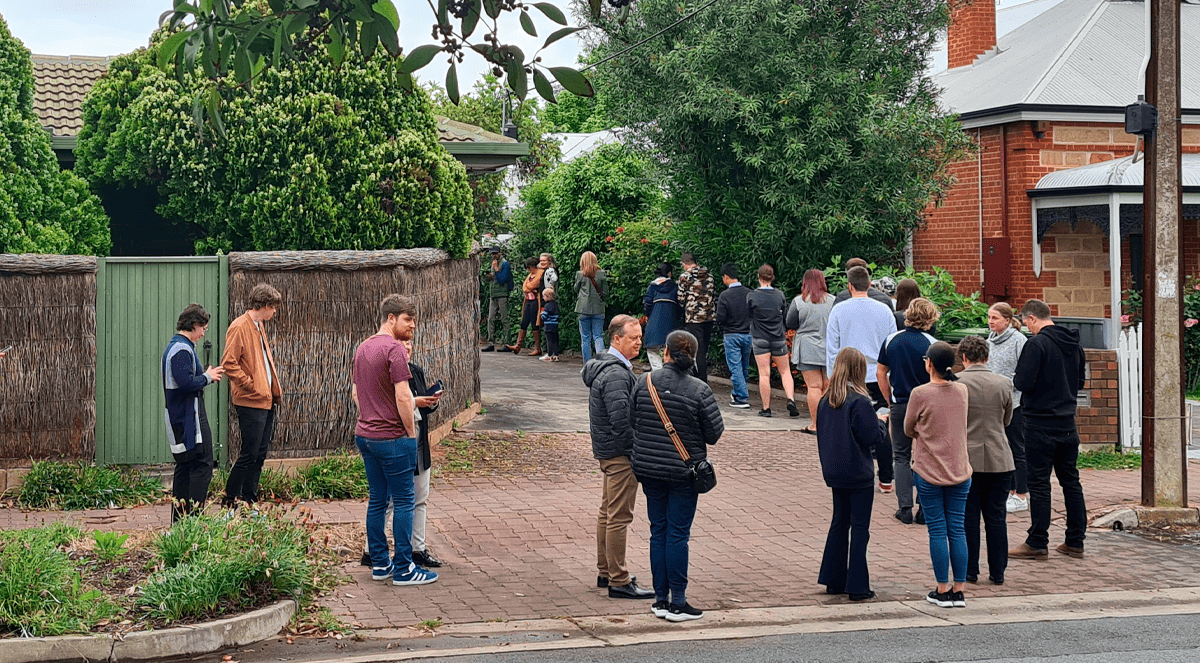
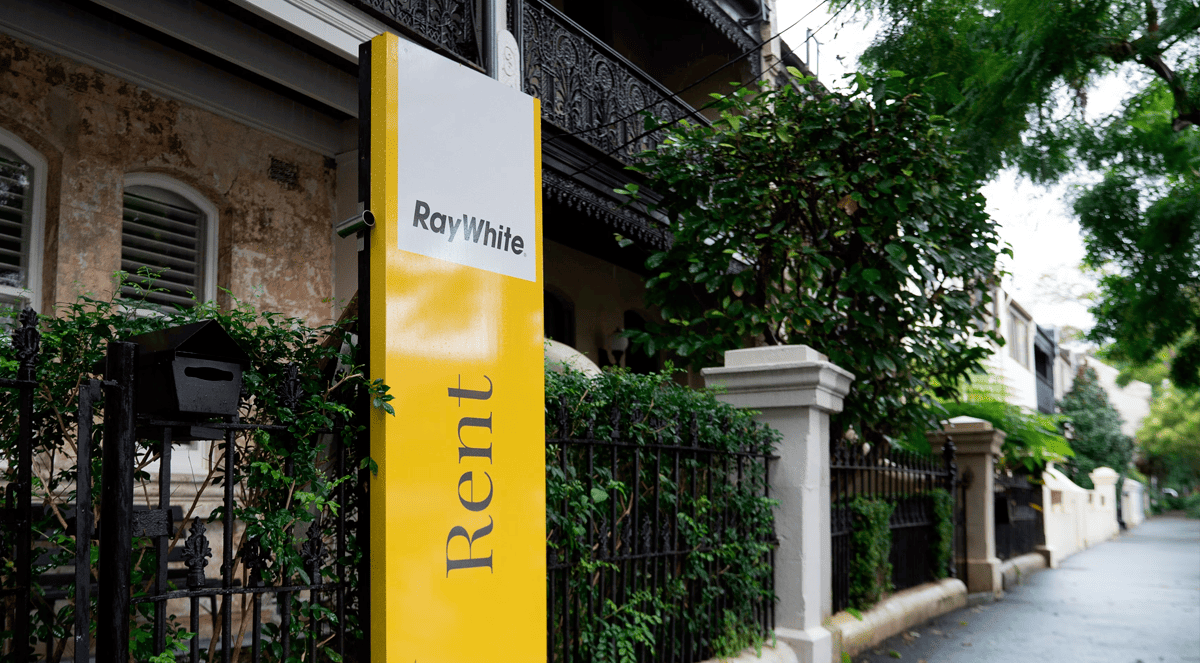
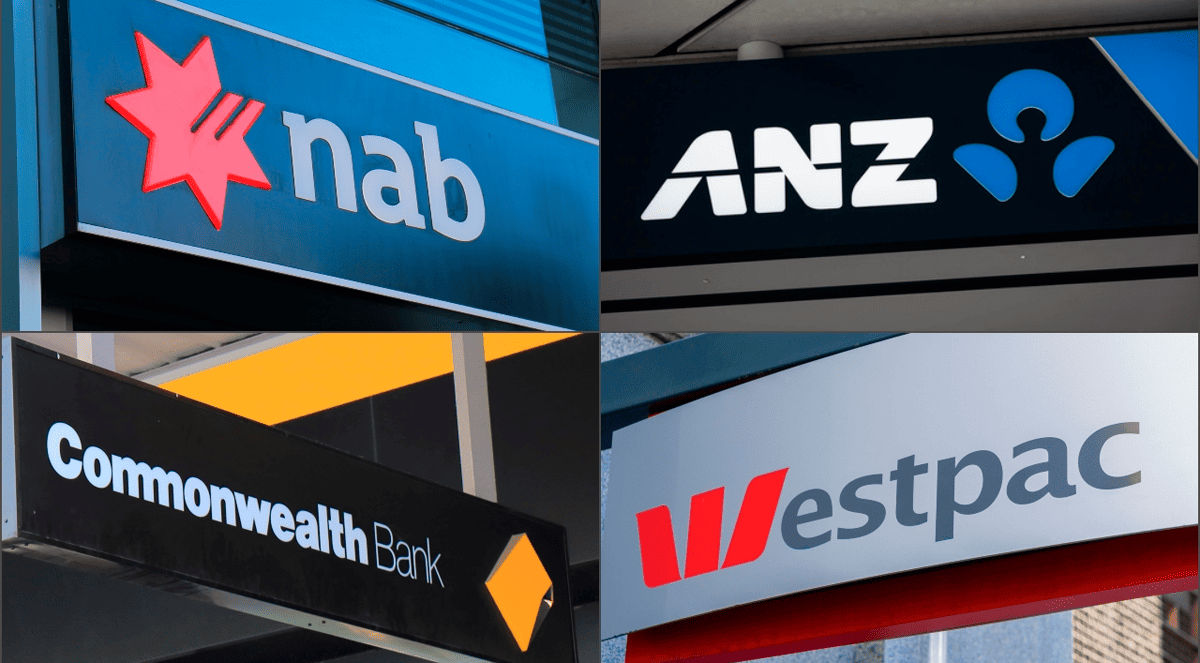


%20Scott%20Kuru%20DPU%20141.jpg?width=1920&height=1080&name=The%20Senate%20Just%20Exposed%20Australias%20Biggest%20$80%20Billion%20Housing%20Fraud%20(Inquiry%20Launched)%20Scott%20Kuru%20DPU%20141.jpg)




%20Scott%20Kuru%20DPU136.jpg?width=1920&height=1080&name=Aussies%20Just%20Got%20Hit%20With%20Double%20Taxes%20on%20Everything%20(This%20Has%20Gone%20Too%20Far)%20Scott%20Kuru%20DPU136.jpg)


%20Scott%20Kuru%20DPU%20133.jpg?width=1920&height=1080&name=JUST%20IN%20Something%20Major%20Just%20Flipped%20Australia%E2%80%99s%20Property%20Market%20for%202026%20(No%20One%20Saw%20This%20Coming)%20Scott%20Kuru%20DPU%20133.jpg)


.jpg?width=1920&height=1080&name=Rental%20Prices%20At%20Record%20Highs%20And%20Vacancy%20Rates%20At%20All%20Time%20Lows%20(New%20Data%20Reveals).jpg)
%20%20DPU%20EP%2014.jpg?width=1920&height=1080&name=Investors%20Shutting%20Out%20First%20Home%20Buyers%20(Investors%20At%20Record%20Highs)%20%20DPU%20EP%2014.jpg)

.jpg?width=1920&height=1080&name=Darwins%20Property%20Market%20Boom%20or%20Dangerous%20Gamble%20(REVEALED).jpg)

.jpg?width=1920&height=1080&name=The%20RBA%E2%80%99s%20Rate%20Cut%20Could%20Explode%20House%20Prices%20(Here%E2%80%99s%20Why).jpg)








.jpg?width=1920&height=1080&name=Warning%2c%20You%20Might%20Be%20Facing%20Higher%20Taxes%20Soon%20(1).jpg)




.png?width=1920&height=1080&name=Rate%20Drops%20Signal%20BIGGEST%20Property%20Boom%20in%20DECADES%20(1).png)

.jpg?width=1920&height=1080&name=Labor%20vs%20Liberal%20These%20Housing%20Policies%20Could%20Change%20the%20Property%20Market%20Forever%20(1).jpg)
.jpg?width=1920&height=1080&name=QLD%20Slashes%20Stamp%20Duty%20Big%20News%20for%20Investors%20%26%20Home%20Buyers%20(1).jpg)
.jpg?width=1920&height=1080&name=Trump%20Just%20Slapped%20Tariffs%20%E2%80%93%20Here%E2%80%99s%20What%20It%20Means%20for%20Australia%20(1).jpg)
.jpg?width=1920&height=1080&name=Federal%20Budget%202025%20More%20Debt%2c%20No%20Housing%20%E2%80%93%20Here%E2%80%99s%20What%20You%20Need%20to%20Know%20(1).jpg)
.jpg?width=1920&height=1080&name=Australias%20Housing%20Crisis%20is%20about%20to%20get%20MUCH%20Worse%20(New%20Data%20Warns).jpg)
%20(1).jpg?width=1920&height=1080&name=Australias%20RENTAL%20CRISIS%20Hits%20ROCK%20BOTTOM!%20(2025%20Update)%20(1).jpg)
%20(1).png?width=1920&height=1080&name=Is%20Adelaide%20Still%20a%20Good%20Property%20Investment%20(2025%20UPDATE)%20(1).png)
.jpg?width=1920&height=1080&name=RBA%20Shocks%20with%20Rate%20Cuts!%20What%E2%80%99s%20Next%20for%20Property%20Investors%20(1).jpg)
%20(1).jpg?width=1920&height=1080&name=I%20Predict%20The%20Feb%20Rate%20Cut%20(My%20Price%20Growth%20Prediction)%20(1).jpg)
.png?width=1920&height=1080&name=Why%20Property%20Prices%20Will%20Rise%20in%202025%20Market%20Predictions%20(1).png)
.jpg?width=1920&height=1080&name=Why%20Investors%20Are%20Choosing%20Apartments%20Over%20Houses%202%20(1).jpg)
.jpg?width=1920&height=1080&name=Why%20Rate%20Cuts%20Will%20Trigger%20A%20Property%20Boom%20(1).jpg)
.jpg?width=1920&height=1080&name=Retire%20On%202Million%20With%20One%20Property%20(Using%20SMSF).jpg)
.jpg?width=1920&height=1080&name=4%20Reasons%20Why%20You%20Should%20Invest%20in%20Melbourne%20Now%20(1).jpg)
%20(1).jpg?width=1920&height=1080&name=Old%20Property%20vs%20New%20Property%20(Facts%20and%20Figures%20Revealed)%20(1).jpg)
%20(1).jpg?width=1920&height=1080&name=Will%20The%20New%20QLD%20Govt%20Create%20a%20Property%20Boom%20or%20Bust%20(My%20Prediction)%20(1).jpg)
%20Scott%20Kuru%20(1).jpg?width=1920&height=1080&name=Inflation%20Hits%20Three-Year%20Low%20(Will%20RBA%20Cut%20Rates%20Soon)%20Scott%20Kuru%20(1).jpg)
.jpg?width=1920&height=1080&name=How%20to%20Buy%20Investment%20Property%20Through%20SMSF_%20The%20Ultimate%20Guide%20(1).jpg)
.jpg?width=1920&height=1080&name=Victoria%20Slashes%20Stamp%20Duty%20Melbourne%20Set%20to%20Boom%20Scott%20Kuru%20(1).jpg)
.png?width=1571&height=861&name=Are%20Foreign%20Buyers%20Really%20Driving%20Up%20Australian%20Property%20Prices%20(1).png)
.jpg?width=1920&height=1080&name=The%20Single%20Factor%20That%20Predicts%20Property%20Growth%20Regions%20(1).jpg)
%20Scott%20Kuru%20(1).jpg?width=1920&height=1080&name=My%20Prediction%20On%20Rates%20%26%20Negative%20Gearing%20(Market%20Crash)%20Scott%20Kuru%20(1).jpg)

-1.png?width=1920&height=1080&name=Major%20Banks%20Cut%20Rates%20Will%20RBA%20Follow%20Suit%20(Sept%20Rate%20Update)-1.png)
%20Scott%20Kuru-1.png?width=1920&height=1080&name=Rate%20Cut%20Coming%20What%20New%20Zealands%20Move%20Means%20for%20Australia%20(Sept%20Prediction)%20Scott%20Kuru-1.png)
%20(1).jpg?width=1920&height=1080&name=Buy%20when%20the%20interest%20rates%20are%20high!%20(Why%20you%20must%20buy%20now!)%20(1).jpg)
.jpg?width=1920&height=1080&name=Carms_Revised%20Taxes%20Due%20Aug%209%20YT%20Thumbnail02%20(1).jpg)
.jpg?width=1920&height=1080&name=Carms_Too%20Little%20Too%20Late%20Aug%207%20YT%20Thumbnail01%20(1).jpg)









.jpg?width=1920&height=1080&name=Carms_Rate%20Drop%20In%20July%20Jun%2010%20YT%20Thumbnail02%20(1).jpg)
.jpg?width=1920&height=1080&name=Carms_Own%20a%20Property%20V6%20Jun%205_YT%20Thumbnail%20(1).jpg)









.png?width=1920&height=1080&name=Artboard%201%20(3).png)






.jpg?width=1920&height=1080&name=YT%20thumbnail%20%20(1).jpg)

